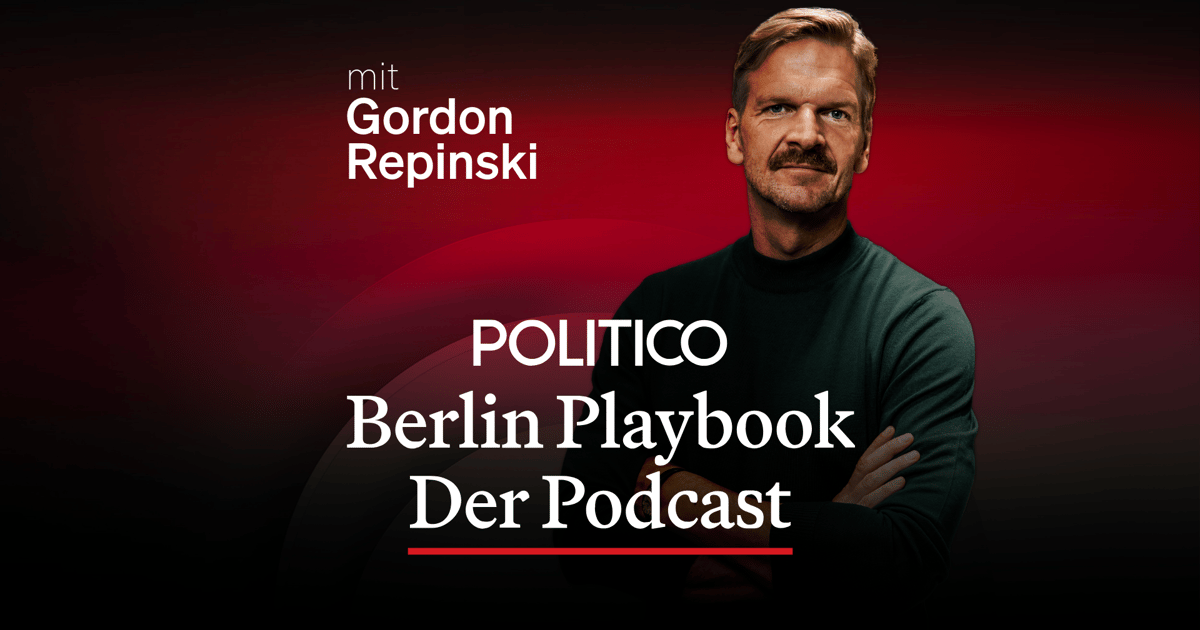

In an evolving world where diplomatic conversations and military actions are shaping international relations, recent developments highlight the complex web of geopolitical maneuvers. Events unfolding on multiple fronts emphasize the blend of military operations and diplomatic negotiations, reflective of today’s global landscape.
Recent analysis by Carlo Masala, a security expert and professor at the University of the Bundeswehr in Munich, sheds light on the intricacies of the Ukrainian conflict. As discussed, the anticipated peace process envisioned by former U.S. President Donald Trump never gained traction, primarily due to the disengagement of Russian President Vladimir Putin. This ongoing conflict has led to continual military confrontations along the front lines, underscoring the absence of a substantive diplomatic resolution. Masala’s insights reflect the broader understanding that while investment in Ukrainian stability remains crucial, diplomatic channels have yet to yield the desired peace.
Meanwhile, in the Caribbean, former President Trump initiated decisive military actions aimed at curbing drug trafficking in the region, a move that underscores the complex interplay between U.S. national security interests and regional stability. Ten advanced F-35 fighter jets were deployed to Puerto Rico as a part of operations against organized drug cartels. This military stance follows a targeted missile strike against a vessel allegedly transporting Venezuelan drug traffickers, reinforcing a commitment to combating illicit activities in the Caribbean. U.S. Secretary of State Marco Rubio’s affirmation that such measures “will happen again” highlights a continued strategic approach to regional security challenges.
Yet, history reminds us of the delicate nature of covert military operations with past missions leaving lasting impressions. The revelation of a 2019 U.S. Navy SEALS mission in North Korea, which inadvertently resulted in the death of civilians, presents a poignant example of the challenges inherent in clandestine operations. Approved by Trump during a period of delicate negotiations with North Korean leader Kim Jong-un, the operation aimed at intelligence-gathering inadvertently escalated tensions during a phase of potential diplomatic breakthroughs. Such incidents remind us of the cautious balance required in undertaking operations that carry significant diplomatic implications.
As we examine these interconnected geopolitical events, the tapestry of global relations becomes increasingly visible. The persistent quest for stability and peace requires not only vigilant military preparedness but also the patient and persistent pursuit of diplomatic solutions. These stories serve as a reflection of the multilayered strategies national leaders must navigate as they endeavor to safeguard their interests while fostering international cooperation.
In a world where borders may seem both widespread and yet intimately connected, these developments underscore a truism acknowledged by leaders and citizens alike: the path to global stability is as much about embracing dialogue as it is about being prepared to defend principled positions. As these narratives continue to unfold, they invite contemplation and a reaffirmation of our shared commitment to peace.
Source: {link}
